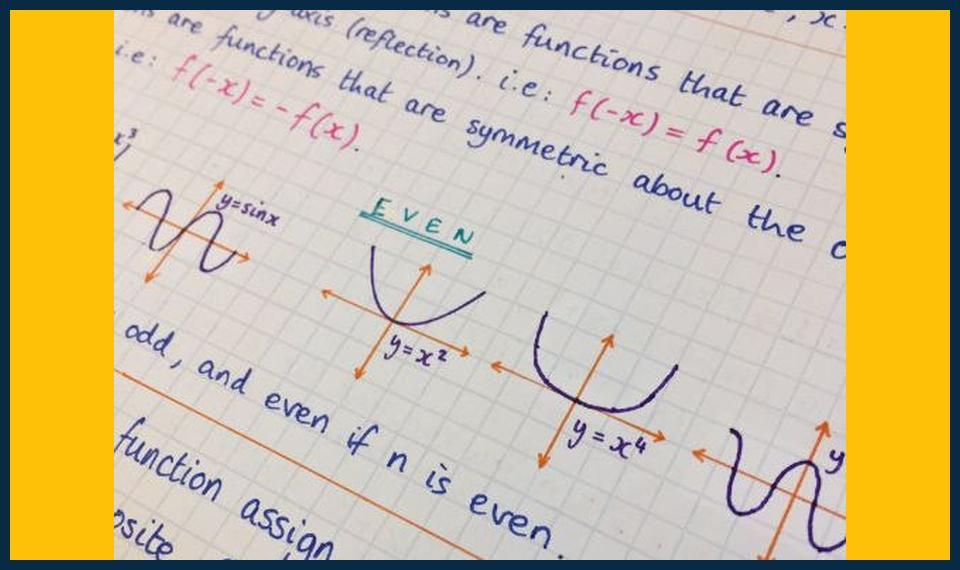![]()
Mastering IB Maths: Essential Study Techniques for Success 📚🧮
Welcome to our guide on study techniques that work for International Baccalaureate (IB) Maths learners! Whether you’re a student, parent, tutor, or teacher, this post is filled with practical tips, reallife examples, insights, and actionable advice to help you navigate the challenging world of IB Maths. Let’s dive in!
🔍 Understanding the IB Maths Syllabus 🔍
Before diving into study techniques, it’s crucial to understand the IB Maths syllabus. It’s broken down into three main areas: Pure Mathematics, Applications and Interpretation, and Analysis and Approaches. Mastering each of these areas requires a tailored approach to learning.
📝 Personalised Learning Strategies 📝
Every student is unique, and so are their learning styles. Identifying your learning style can help you focus better and retain information more effectively. Do you prefer visual, auditory, or kinesthetic learning? Once you know your style, adapt your study methods accordingly.
🧠 Memory Techniques 🧠
Memorising formulas and theorems is a significant part of IB Maths. Use mnemonics to make memorisation easier. For example, for the Pythagorean theorem (a² + b² = c²), you could remember it as “A square plus B square equals C square, or A2B2 = C2.”
💡 Active Learning 💡
Active learning involves engaging with the material rather than passively receiving it. This could mean teaching the material to someone else, explaining it in your own words, or solving practice problems.
📝 Revision Tips 📝
Regular revision is key to success in IB Maths. Set aside a specific time each day for revision, and review what you’ve learned consistently. Break down complex topics into smaller, manageable parts, and use flashcards to reinforce key concepts.
💼 Reallife Examples 💼
Reallife examples can help make abstract concepts more relatable. For instance, if learning about probability, use examples from everyday life, such as the likelihood of drawing a specific card from a deck.
🌐 Online Tutoring 🌐
Online tutoring can provide additional support when needed. Tutor GP offers expert tutors for GCSE Maths Tuition, GCSE Science Tuition, GCSE Physics Tuition, GCSE Chemistry Tuition, GCSE Biology Tuition, Alevel Maths Tuition, ALevel Physics Tuition, ALevel Chemistry Tuition, ABiology Tuition, and International Baccalaureate Tuition.
💡 Student Motivation 💡
Stay motivated by setting achievable goals, breaking them down into smaller steps, and rewarding yourself when you reach them. Remember, consistency is key!
🤝 Parent Support 🤝
Parents play a crucial role in their child’s academic success. Encourage your child, provide a quiet study environment, and offer help when needed. But remember, independence is essential for learning.
FAQs ❓
- What are some effective study techniques for IB Maths learners?
Answer: Effective study techniques include personalised learning strategies, memory techniques, active learning, regular revision, using reallife examples, online tutoring, and staying motivated.
- How can online tutoring help IB Maths learners?
Answer: Online tutoring provides additional support, expert guidance, and personalised instruction that can help learners overcome challenges and achieve academic success.
- How can parents support their child in IB Maths?
Answer: Parents can support their child by providing a quiet study environment, encouraging them, offering help when needed, and fostering independence.
- What is the importance of breaking down complex topics into smaller parts?
Answer: Breaking down complex topics into smaller parts makes them more manageable, easier to understand, and less overwhelming, leading to improved learning outcomes.
- How can reallife examples help in understanding abstract concepts in IB Maths?
Answer: Reallife examples can make abstract concepts more relatable, making them easier to understand and remember.
- What is the role of memory techniques in studying IB Maths?
Answer: Memory techniques, such as mnemonics, can help students memorise formulas, theorems, and other important information more effectively.
- How can setting achievable goals help in studying IB Maths?
Answer: Setting achievable goals helps students stay motivated, focused, and on track, as well as provides a sense of accomplishment when goals are met.
- Why is consistency important in studying IB Maths?
Answer: Consistency helps students develop good study habits, retain information over time, and build a strong foundation for understanding complex topics.




